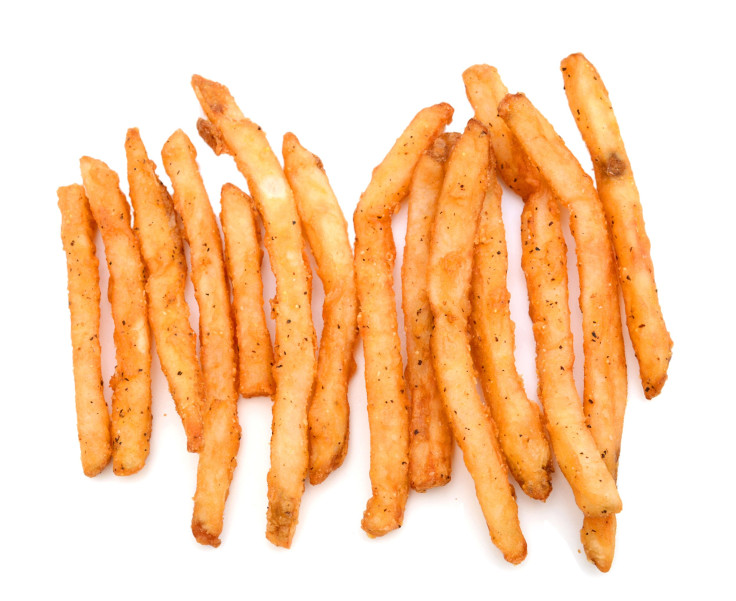Past High Blood Pressure, Excess Sodium Negatively Impacts Blood Vessels, Heart, Kidneys, And Brain

If you consume a high-salt diet complete with entire bags of chips in one sitting, and frequent hamburgers and hotdogs — and you don’t have high blood pressure problems — you may consider yourself immune from sodium-related problems. But a new study points out that’s not always the case, because a high-salt diet can have a negative impact on your organs, including your blood vessels, heart, kidneys, and even brain.
The study, completed by two professors at the University of Delaware College of Health Sciences and two physicians at Christina Care Health System, found that even when high blood pressure doesn’t exist for a patient, excess sodium can eventually lead to hardened vessel walls, enlarged heart muscles, and reduced kidney function.
Sodium isn’t all bad; it’s actually essential to maintaining cellular homeostasis and fluid balance. To be clear, table salt and sodium aren’t the same thing. Salt is actually a mix of sodium and chlorine ions, making it sodium chloride. When you eat salt, your body divides the sodium and chlorine ions, then uses the sodium to regulate fluid outside of the cells, assisting in maintenance of muscle contractions, nerve transmissions, hydration, and pH balance.
A new study also discovered a link between sodium and a stronger immune system: Salt actually helped sick mice boost their immune system and fight off infection.
But our body only needs so much salt — only about 500 milligrams (mg) per day. The average American, however, consumes about six times that much due to the high levels of salt in fast food.
Previously, patients who were able to eat a lot of salt but didn’t have high blood pressure as a result, were considered “salt-resistant.” But the authors point out that consuming such high levels of salt can have more of a silent impact on the body.
“Blood pressure responses to alterations in dietary sodium vary widely, which has led to the concept of ‘salt-sensitive’ blood pressure,” William Farquhar, an author of the study, said in the press release. “There are no standardized guidelines for classifying individuals as having salt-sensitive blood pressure, but if blood pressure increases during a period of high dietary sodium or decreases during a low-sodium period, the person is considered salt sensitive. If there’s no change in blood pressure with sodium restriction, an individual is considered salt resistant.”
The researchers found that arteries under the influence of a high-salt diet saw a reduction in the function of the endothelium, or the inner lining of blood vessels. This, in turn, lowered the efficacy of coagulation, platelet adhesion, and immune function. Arteries are also more likely to be stiff from too much salt ingestion. In addition, the researchers found that too much salt could lead to left ventricular hypertrophy, or enlargement of the heart tissue. “As the walls of the chamber grow thicker, they become less compliant and eventually are unable to pump as forcefully as a healthy heart,” David Edwards, an author of the study, said in the press release.
Interestingly, too much salt can also impact the nervous system and the brain. “Chronically elevated dietary sodium may ‘sensitize’ sympathetic neurons in the brain, causing a greater response to a variety of stimuli, including skeletal muscle contraction,” Farquhar said in the press release. “Again, even if blood pressure isn’t increased, chronically increased sympathetic outflow may have harmful effects on target organs.”
Perhaps it’s time to steer away from processed or fast foods, that are high in sodium and low in other nutrients, and instead turn to foods that will provide you with the minimal amount of sodium your body needs without being excessive.
Source: Farquhar W, Edwards D, Jurkovitz C, Weintraub W. “Dietary Sodium and Health: More than Just Blood Pressure.” Journal of the American College of Cardiology, 2015.



























